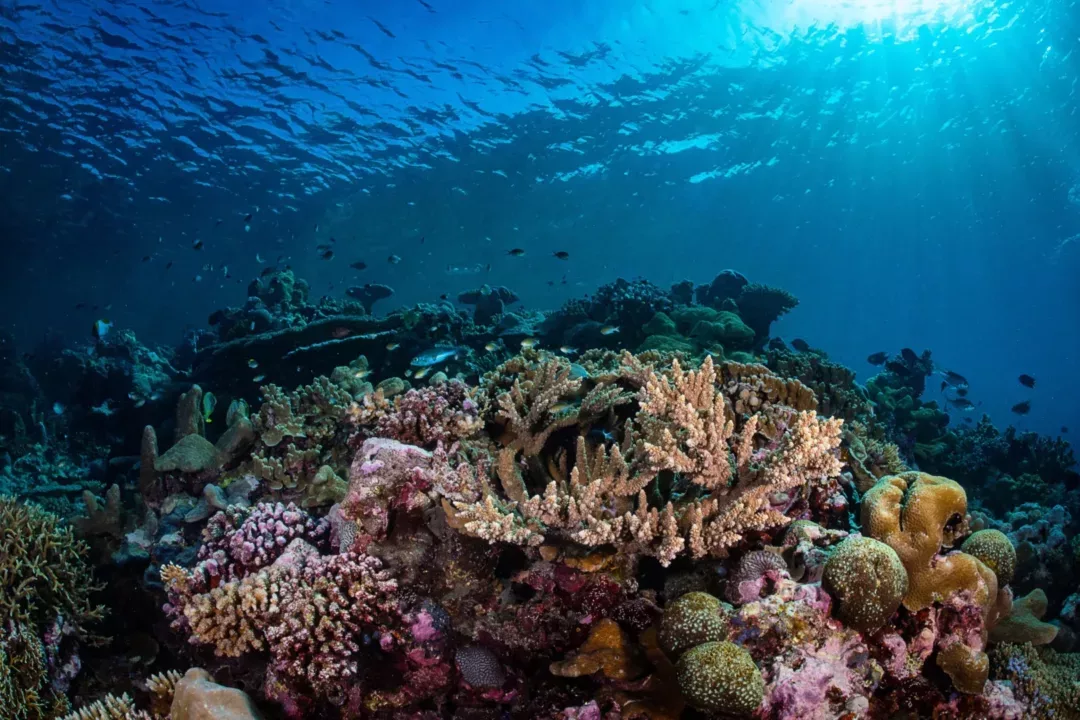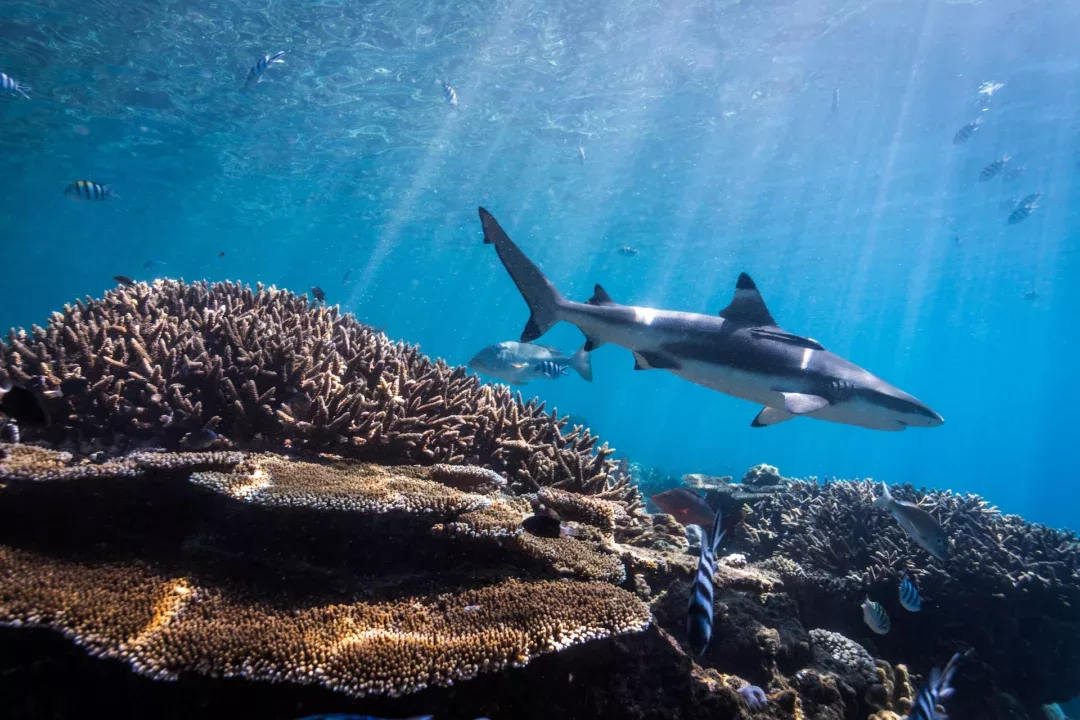Driving the Blue Economy: Blue Alliance and BNP Paribas launch Blue Finance, an impact debt facility to support the development of Marine Protected Areas in the Global South
ICRI member Blue Alliance Marine Protected Areas (BA) and BNP Paribas, through its Impact Investment team, launch the Blue Finance facility, a USD 35m impact loan facility designed to provide up-front and early-stage impact financing to reef-positive businesses (RPBs) that strengthen the Blue Economy within Marine Protected Areas (MPAs).
With initial funding from BNP Paribas of up to USD 2.4m, the facility will be first active in Indonesia, the Philippines, Tanzania, and Cabo Verde to support the regeneration of 1.8 million hectares of coral reef ecosystems in 115 MPAs, and to directly improve the livelihoods and food security of some 110,000 local community members.
The structure relies on a blended finance approach, in which philanthropic capital provided by long-term partners such as the Global Fund for Coral Reefs (GFCR), co-led by the United Nations Capital Development Fund (UNCDF), supports conservation efforts in the MPAs and helps design the overall framework to attract private, impact-focused investors. The Blue Finance facility is being implemented with BNP Paribas as the first investor, but it was structured to welcome additional co-investors, with the aim of increasing the total to USD 35m and support the development of strong pipeline of already identified MPAs.
Why is it crucial to support the development of Marine Protected Areas?
Well-managed and financed MPAs are essential to global efforts to “replenish biodiversity and nourish the growing human population” (IUCN, 2018). Benefits that flow from improved marine ecosystems include enhanced food supply and fishing incomes for coastal communities, opportunities for Blue Economy businesses, shoreline protection, and greater resilience to climate change.
Despite their importance, 70% of the 20,000 MPAs in the world struggle to meet minimum management standards, due to piecemeal, insufficient, and short-term funding for MPAs, largely provided by public and philanthropy finance. Managing MPAs requires continuous funding not only for set-up but also for day-to-day operations such as monitoring, staffing, and equipment. With public finance a scarce and precious resource, the mobilisation of additional funds and revenue models for marine conservation is crucial for meeting the financing needs of Agenda 2030.
What will the Blue Finance facility do?
To help bridge the marine conservation financing gap, Blue Alliance and BNP Paribas launch the Blue Finance Facility, an impact loan facility to support the development of innovative reef-positive businesses that bolster the Blue Economy in and around the MPAs. Each reef-positive business reduces specific drivers of coral reef ecosystem degradation, aids in alleviating poverty within vulnerable communities, and contributes financially to MPA management through dividends and/or revenue sharing. The pipeline of reef-positive businesses includes responsible ecotourism, community-based aquaculture, blue carbon credits, and sustainable fisheries. A critical part of each reef-positive business is the inclusion of communities in participatory management.
The facility covers financing needs for the initial working capital and CAPEX of the reef-positive businesses. The facility is structured with a long-term maturity to meet the needs for “patient capital” for social enterprises engaged with natural capital and local communities. The interest rate will vary based on the achievement of specific social and environmental outcomes to incentivise local businesses to maximise their positive impact over the environment and livelihoods of local population.

Nicolas Pascal, Executive Director of Blue Alliance Marine Protected Areas, states, “While the opportunity offered by reef-positive businesses around MPAs is relatively new, lessons are emerging regarding three core ingredients for success: (i) A viable business model is necessary for financial returns; (ii) A multi-stakeholder approach is central to successful project development and management. This should include governments, engaged and experienced NGOs, and partners with skills in social entrepreneurship, financial planning, and marine conservation; (iii) Appropriate performance indicators must be identified—with stakeholder input—to capture key social and environmental impacts.”
Laurence Pessez, Global Head of CSR for the BNP Paribas Group, adds, “We are proud to support Blue Alliance to scale up their management of Marine Protected Areas in emerging markets and amplify their positive impact on coral reef ecosystems and local communities’ sustainable development. This innovative impact-linked facility was structured and financed by our impact investing team through our own account impact envelope, co-managed by Group CSR and BNP Paribas Asset Management. We hope to attract additional investors alongside us to support the development of this innovative player that combines the protection of natural ecosystems and productive economic activities for local populations based on a responsible and ethical usage of the maritime ecosystem. This first BNP Paribas marine-focused impact performance loan echoes the bank’s global commitment to protecting the ocean and support a Just Transition.”
Pradeep Kurukulasuriya, Executive Secretary of UNCDF, states “With the fourth mass global bleaching now hitting record-levels, bolstering the effectiveness of Marine Protected Areas (MPAs) is more critical than ever. As part of this effort, the Global Fund for Coral Reefs, co-led by the United Nations Capital Development Fund, is proud to have supported the design and issuance of early capital to operationalise the MPA impact loan facility established by Blue Alliance. Now unlocking private finance from partners including the BNP Paribas Group, this innovative vehicle is scaling reef-positive businesses to address local ecosystem threats and contribute to financing 30×30 ambitions.”
Source: Press release

